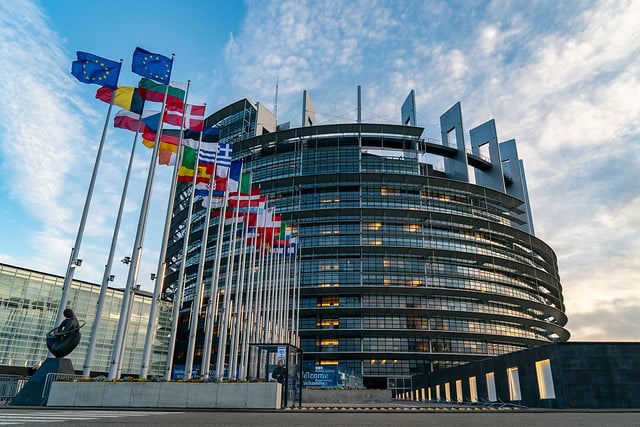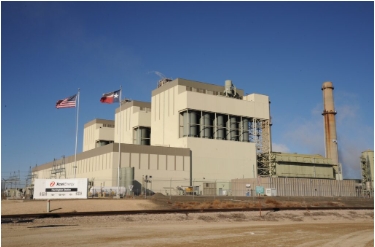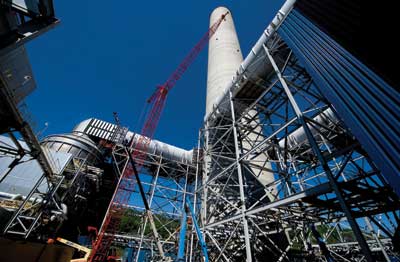The European Parliament formally approved on Tuesday the new EU Emissions Trading System (ETS) law, earmarking around EUR 2 billion of the revenues of the Innovation Fund for the maritime sector.

CC-BY-4.0: © European Union 2020 – Source: EP
European Community Shipowners Association (ECSA) welcomed the move, saying that the deal will mark a turning point in the decarbonisation of the industry.
The move comes in support of the industry’s calls for financial backing that would support the uptake of clean fuels and foster innovation. At least 20 million ETS allowances, which correspond to around EUR 2 billion under the current ETS carbon price, will be allocated to maritime projects under the Innovation Fund.
“Addressing the climate crisis and decarbonising shipping is not a question of ‘if’ but a question of ‘how’. Setting aside part of the ETS revenues for maritime is a victory for the energy transition of the sector. Dedicated support through the Innovation Fund is indeed key to bridge the price gap with clean fuels,” says Sotiris Raptis, ECSA’s Secretary General.
ECSA also welcomed the upholding of the “polluter-pays principle” through mandatory requirements for the pass-through of the EU ETS costs to the commercial operators of the vessels.
The phase-in period and the gradual inclusion of emissions from shipping over a three-year period is also crucial to ensure a smooth transition for the sector. The co-legislators also agreed on special provisions for ice-class vessels, small islands, and outermost regions.
“Shipping being a cornerstone of Europe’s energy and supply chain security, this must be properly reflected in the strategic priorities of the new Net Zero Industry Act. For this reason, we welcome the inclusion of offshore renewable technologies and carbon capture and storage in the list of strategic net-zero technologies. In addition, renewable fuels of non-biological origin (RFNBOs) should be included in the Act, so that dedicated production capacity can be swiftly developed ,” added Raptis.
As shipping is one of the most difficult to decarbonise sectors, the upscaling of affordable low- and zero-carbon fuels and technologies for the sector is key. This should be a top priority of the proposed Net Zero Industry Act, ECSA said.
“A robust, comprehensive ETS will accelerate the decarbonisation of our economy as the share of emissions covered by carbon – pricing will rise from 40% to 75% and the industries covered by a strengthened system will now reduce their greenhouse gas emissions by 62% by 2030 compared to 2005. Carbon pricing will now also be fully implemented in the shipping and aviation sector,” Renew Europe, said, adding that around 50 billion euros in resources will become available for climate innovation and the upscaling of green technologies across Europe.
The group also backed the final vote in plenary on the creation of the Social Climate Fund, another key component of the ‘Fit for 55’ package. The fund will be worth EUR 86.7 billion euro paving way for the realization of the just transition principle and leaving no one behind.





